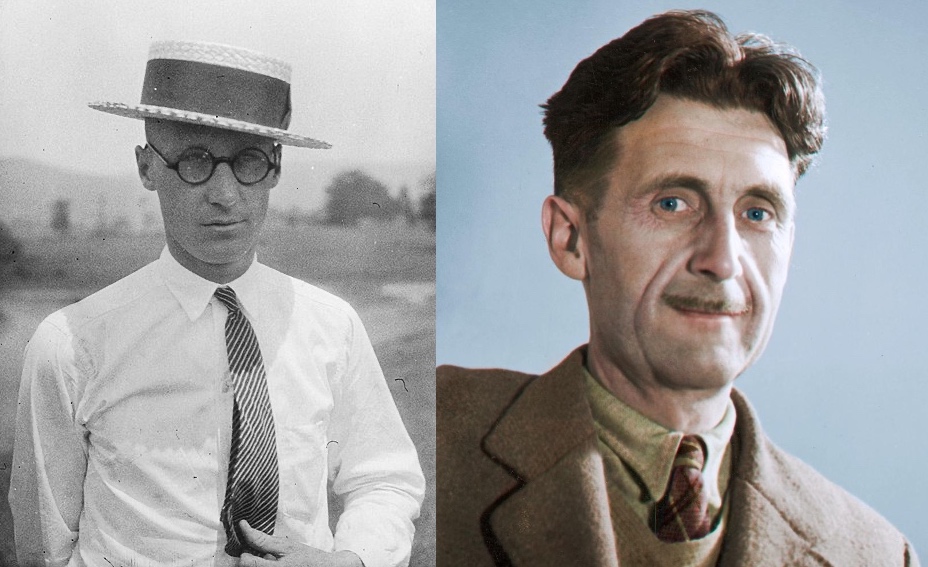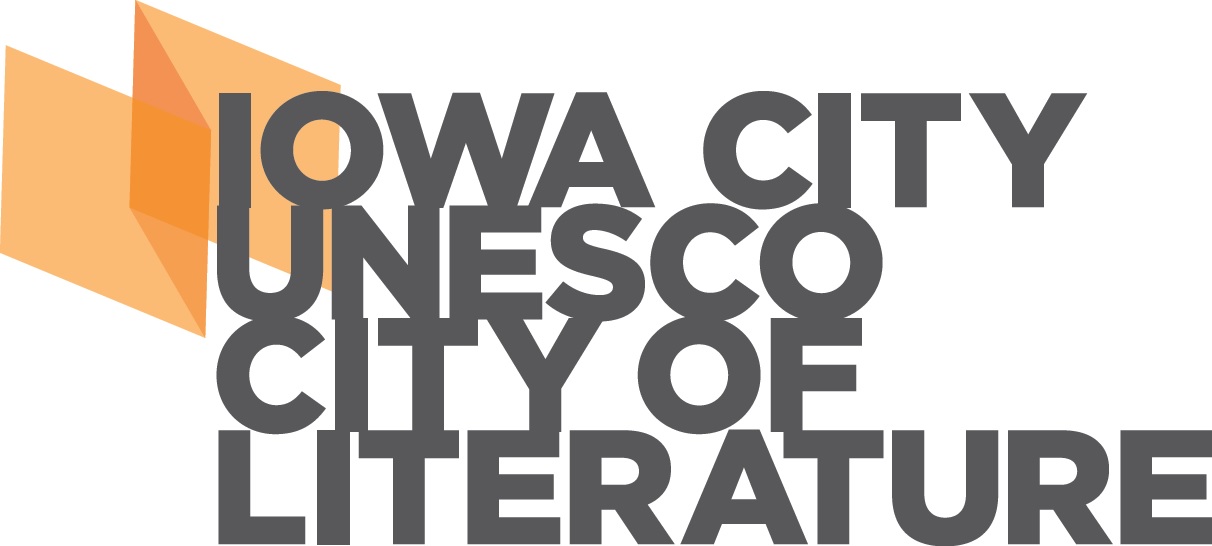Banned Book Week runs from October 1 to October 7, 2023. The following letter, released on September 14, was co-signed by The Iowa City UNESCO City of Literature Board of Directors, Mayor Bruce Teague on behalf of the City of Iowa City, The Iowa City Public Library Trustees, The Iowa City Public Library Friends Foundation, The Coralville Public Library, The North Liberty Library, Think Iowa City, Iowa Small Library Association executive board, Prairie Lights, One Iowa, The Tuesday Agency, Iowa City Poetry, the Iowa Library Association, and Corridor Community Action Network.
An open letter to Governor Kim Reynolds and the Iowa legislature:
Iowa is home to one of the most literary cities on earth. It is here where the Iowa Writers’ Workshop produced some of the greatest voices in American Literature: Frank Conroy, John Irving, Wallace Stegner, Raymond Carver, Jane Smiley, Rita Dove, Ayana Mathis, Flannery O’Connor, Ann Patchett, and so many others. Iowa is also home to contemporary writers producing works of fiction and non-fiction that are both bold in truth-telling and revolutionary in voice.
It’s because of this legacy and the dedication of Iowans to producing great writing, that Iowa City was declared a UNESCO City of Literature in 2008. Often called the “Athens of the Midwest,” Iowa City has a unique set of influential literary institutions, which explore new ways to teach and support writers. At the same time, it has long been, quite simply, a place for writers and for readers: a haven, a destination, a proving ground, and a nursery. Iowa has a history and an identity in which its citizens take enormous pride, prizing a role in celebrating and honoring writers and good writing.
On May 26, Iowa’s governor signed into law legislation that runs counter to that legacy. Senate File 496 prohibits books with written and visual depictions of sex acts from school libraries. The legislation also bans written materials and instruction on “gender identity” and “sexual orientation.” This law was passed under the pretense of protecting children, and yet what this law amounts to is a book ban that limits children’s freedom of expression and access to knowledge about the world around them.
Continue Reading...


